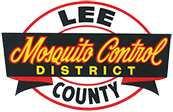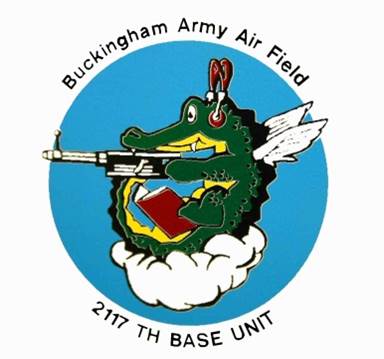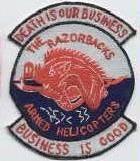
From Razorback
to Alligator
Army helicopter 66-17114, has spent part of her career in swamps and mangrove forests. In the 1960’s, her area of operation was in the Rung Sat, known as the Swamp of Death or Forest of Assassins by the South Vietnam Government and American Forces. It is now known as Can Gio Mangrove Forest.
66-17114, UH-1D was converted in Vietnam to an H model. 114 served as a night hawk/firefly or lightship. All three terms mean the same thing and were used interchangeably depending on preference. 114 served the US Army 120th Assault Helicopter Company, 3rd Platoon, call sign Razorback. They flew at night, low and slow, with all lights on, to entice enemy fire and thus give away their hidden positions. Not exactly a “sitting duck” as they were heavily armed in their own right and had a couple of gunships overhead, blacked out for protection. That’s a six-barreled mini-gun shown in the photo and Xenon light used to illuminate the ground.
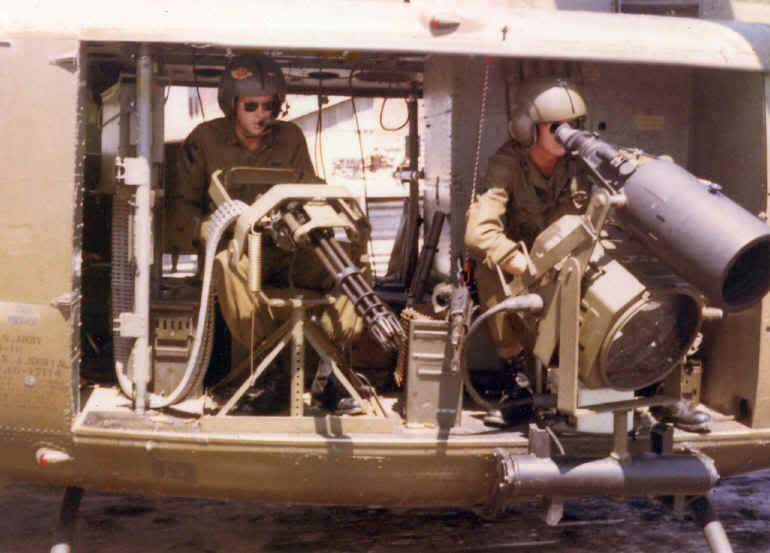
Helicopter 66-17114 was purchased in December of 1967. 114 began her career as a Razorback in March of 1968. At the end of 114’s service as an assault helicopter, she had logged 1848 hours in the Unit.
Today, 114 is still flying in mangrove swamps. Now she is identified as N858M and serves the Lee County Mosquito Control District, which is located at the former Buckingham Army Airfield which used a gunnery alligator as their logo.
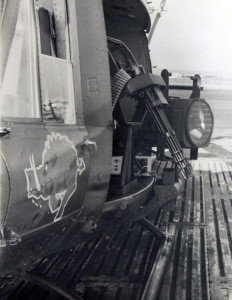
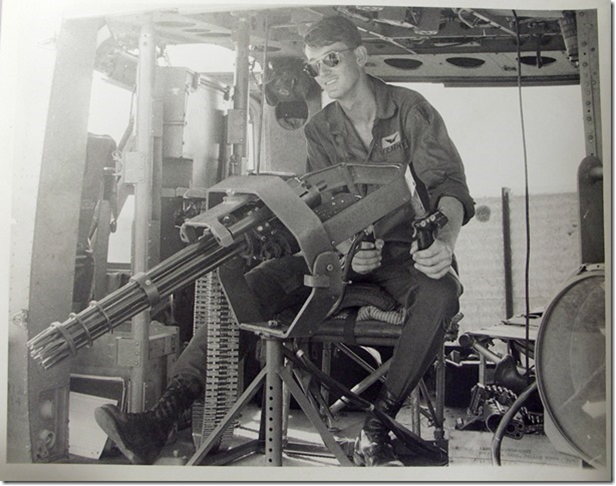
SP5 T. J. Figg, crew chief for 114, Photos provided by Steve Bookout
Helicopter 66-17114 was purchased in December of 1967. 114 began her career as a Razorback in March of 1968. At the end of 114’s service as an assault helicopter, she had logged 1848 hours in the Unit.
Today, 114 is still flying in mangrove swamps. Now she is identified as N858M and serves the Lee County Mosquito Control District, which is located at the former Buckingham Army Airfield which used a gunnery alligator as their logo.
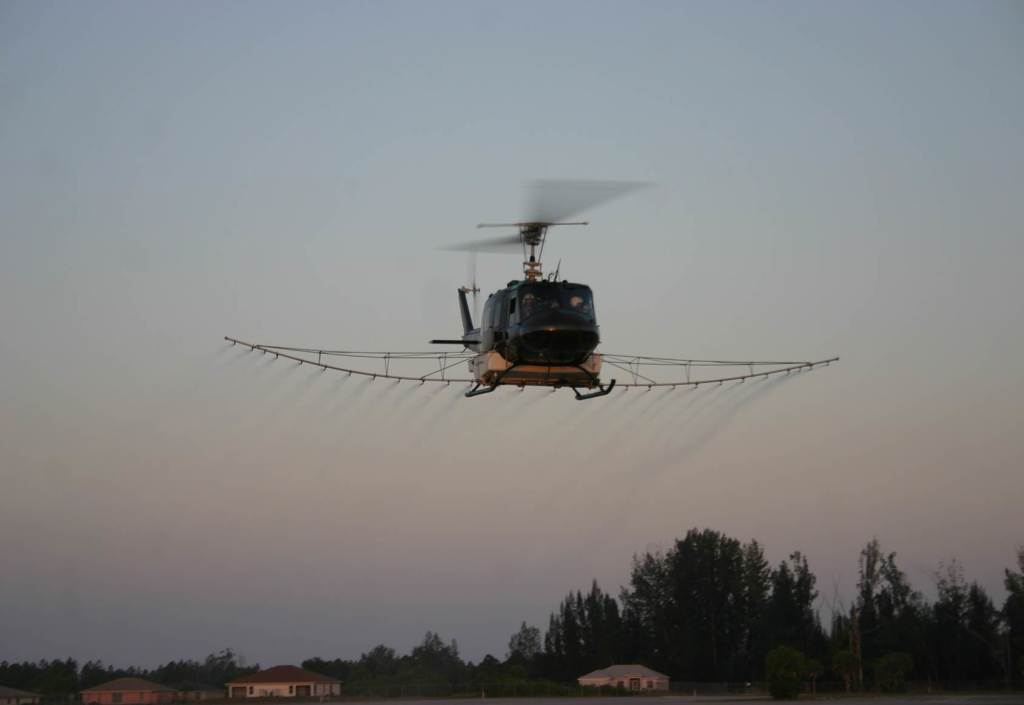
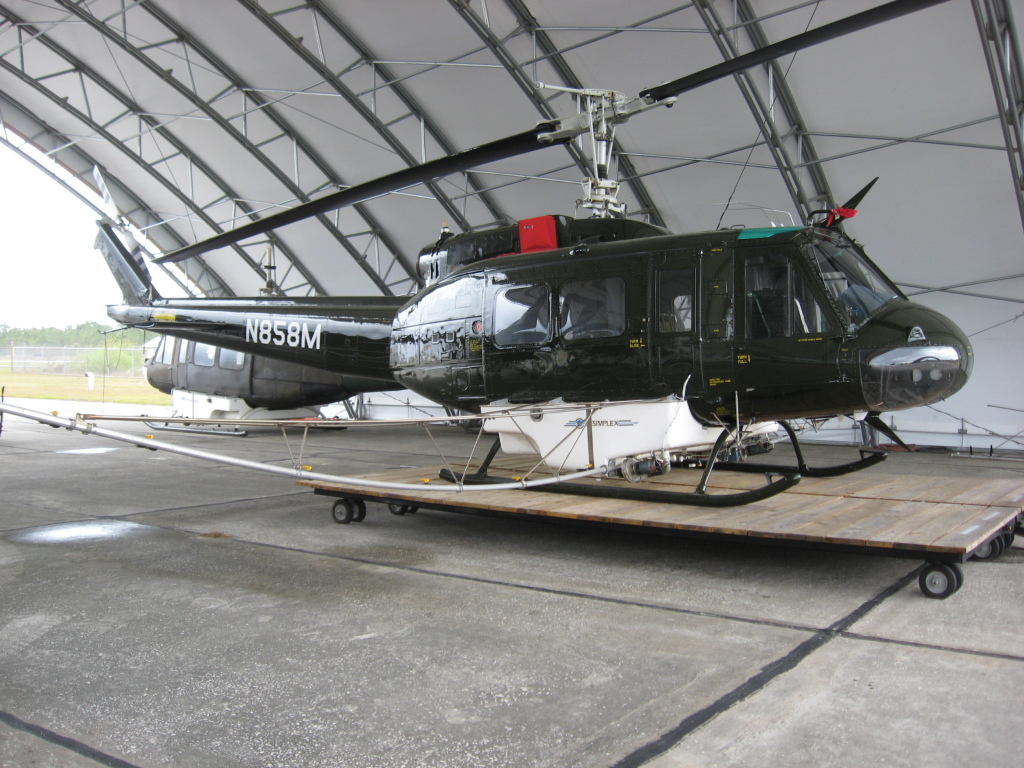
To learn more about the Razorbacks Armed Helicopters Association go to : www.theshadowsofmen.com
